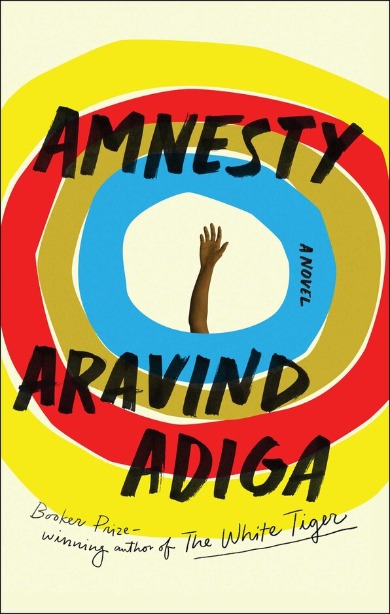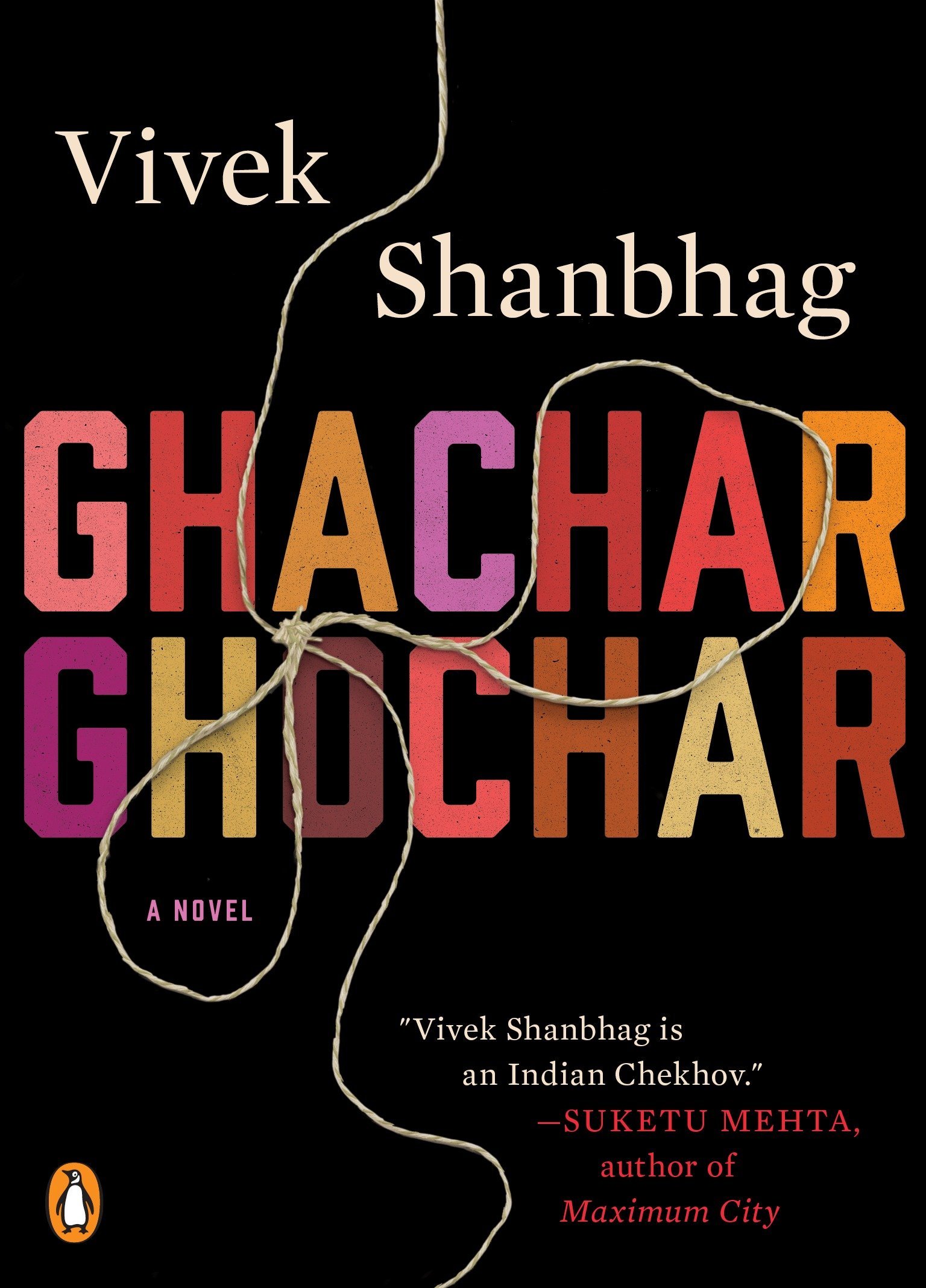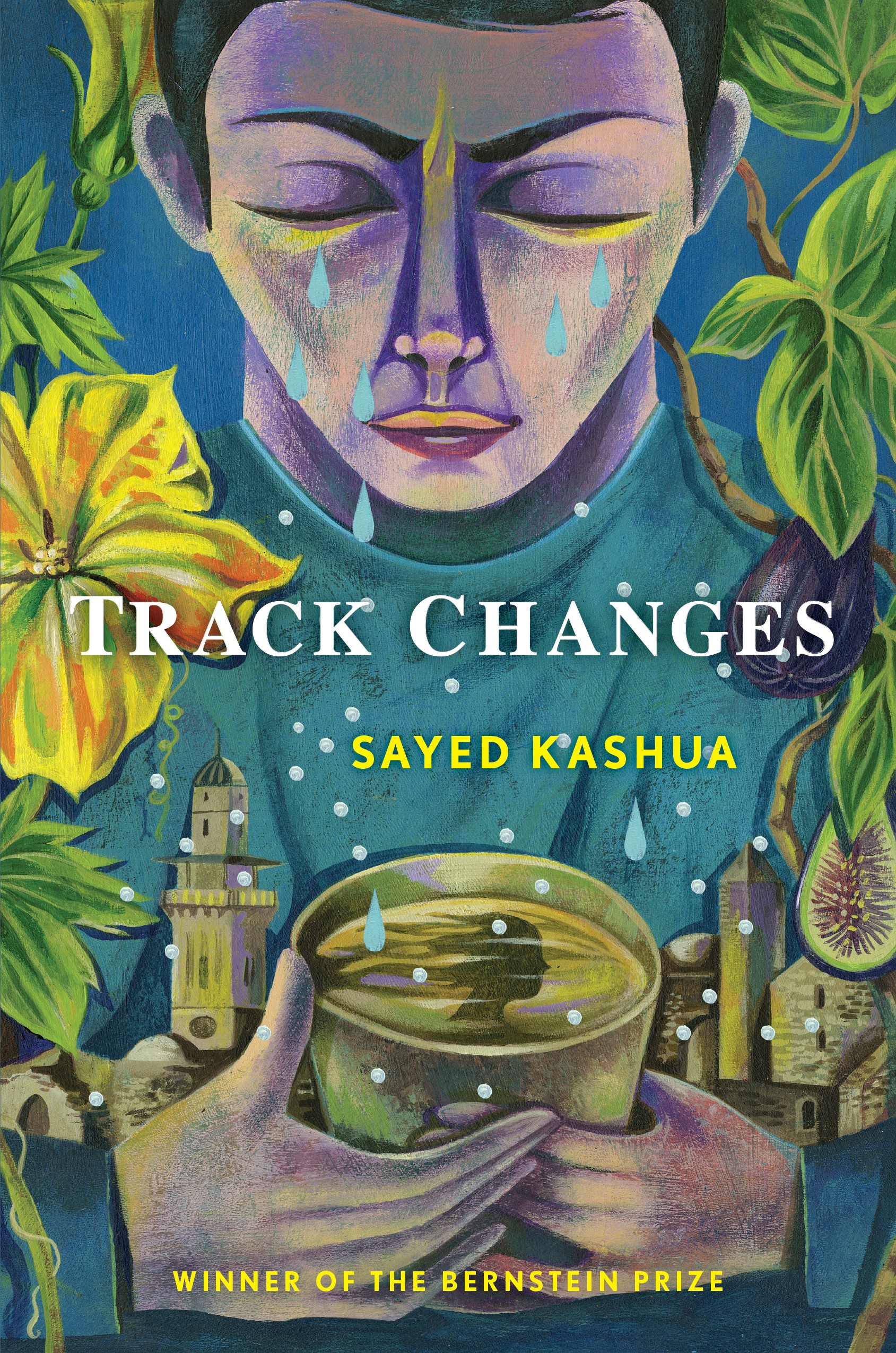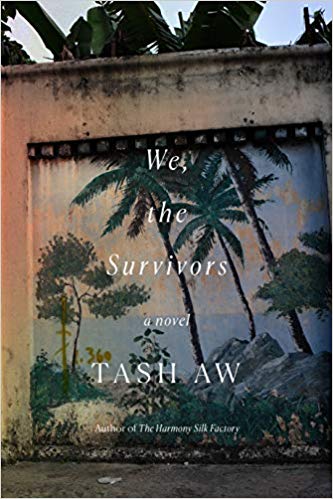At Night All Blood is Black, David Diop (trans. Anna Moschovakis), Farrar, Straus and Giroux, 2021, pp. 160, ISBN: 978-0374266974
This year’s winner of the International Booker Prize, awarded to the best book translated into English and published in the United Kingdom and Ireland, went to a French-Senegalese author David Diop and his translator Anna Moschovakis for their At Night All Blood is Black. Diop, a university professor of 17th and 18th-century French literature, has written a harrowing account of the Great War, as experienced by a Senegalese tirailleur, in which the colonial experience is intertwined with the intimacy of war and the feelings of grief, guilt and fear it generates and reveals.
Diop indicated that the idea to write the novel came to him after reading Jean-Pierre Gueno’s collection of letters written by those who participated in the War. In Les Poilus, Gueno documents the universal experience of boredom, fear, disgust, and longing felt by a diverse group of people who made up the army in the trenches. Much like one of the first novels published in French about World War I, Le Feu by Henri Barbusse, Diop describes war and the experience of war in all its contradictions, brutality and realism. Using repetition, narrative akin to stream of consciousness and a poignant yet straightforward language, Diop weaves a powerful, emotional and jarring story.
The novel begins with the ultimate paradox of war, which sets off the main character Alfa Ndiaye’s slow descent into madness. His “more-than-brother” Mademba Diop is badly wounded in no man’s land, with his entrails spilled on the ground, and begs Alfa to finish him off by slitting his throat, yet Alfa refuses each of his three requests. Even though the soldiers are commanded to kill in war, when asked to end the suffering of someone to whom they are intimately connected, they cannot bring themselves to do what they ordinarily do in war. This essential feature of the human condition guides the novel and the self-revelation of Alfa’s character to the reader and himself.
Suffering from the immediate loss of his more-than-brother Mademba, Alfa’s subsequent actions are animated by attempts to overcome his feelings of guilt and betrayal rather than revenge. He fearlessly leaps out of the trenches at Captain Arnand’s command and returns last, after all of his fellow soldiers. By willingly submitting himself as cannon fodder to the opposing army, Alfa becomes the quintessential colonial subject as represented by the European metropolis. Senegalese tirailleurs were a medley of different ethnicities from West Africa who were enlisted to fight for France. Around 200 thousand of these men fought in World War I and II and later in Vietnam and Algeria. Their identity was shaped by colonial domination and manipulated for the purposes of the metropolis and achieving their war aims. The image of the tirailleur as a courageous soldier was contrasted to the German belief that the French had introduced savagery into a European affair. Race thus became a weapon to be deployed and feared.
Alfa is feared for his otherness, his Africanness, and ultimately his courage. He is at once a useful colonial subject and a potential subversive element to be controlled. He is infantilized by his fellow non-African soldiers and the Colonel, yet feared. After he kidnaps his “blue-eyed” enemies under cover of darkness from their trenches and kills them the moment he senses their desire for a quick death, he takes their hand back with him. These actions are seen as bloodthirsty rituals, harkening back to the mythologization of non-European societies by colonial proto-ethnologists who constructed the image of the noble savage. His humanity is denied to him by way of associating his acts to sorcery. Racism of the metropolis likewise informed the life in the trenches. The violence of Alfa’s perceived actions is contrasted with the gentleness of his intentions, which is revealed through his stream of consciousness to the reader and his ability to sympathize with the enemy, despite the ostensible brutality he is forced to enact on him.
By exposing his distress and emotional suffering, Alfa thwarts the image of his constructed colonial subjectivity by way of superimposing his own humanity. The Great War allows him to reveal his emotional fracturing, which had begun in his homeland before his arrival to fight in France. The brutality of war is likened to the brutality of Alfa’s childhood, which saw his mother be taken away by marauders, his father grow old very fast, and him adopted into a different family. He is the product of a peasant father and a nomadic mother, rootedness and mobility, which are similarly represented in the idea of colonial subjects fighting colonial wars and the prospect for change the war promises. They would leave only to remain better. They would fight for France to return to West Africa as citizens and enjoy the benefits that this citizenship confers.
The overt brutality of war and mutilations of bodies are also juxtaposed with the intensity of human relationships. Love, affection, longing, sexuality, and comradeship are the backdrop to the War’s destruction, which gives the main character Alfa a sense of purpose for his actions, further negating the colonial image of himself. These emotions follow the plot, which intertwines the trenches in France with the village in Senegal, associating the war in the metropolis with the colonial experience at home.
David Diop’s At Night All Blood is Black focuses on the experience of a colonial subject in a European war, which in and of itself brings to fore the experience that is often neglected in mainstream history. Official European history often overlooks the critical contribution African troops made to France’s victory in both world wars. In World War II, General Charles de Gaulle, acting in concert with General Eisenhower’s Chief of Staff, purged the tirailleurs from the Second Armoured Division, which was to liberate Paris in August 1944, to ensure the liberation came from the whites only. It was estimated that every French division consisted of around 40% whites, the rest being colonial troops. De Gaulle replaced the tirailleurs with Spanish men and painted the liberation as an entirely white, French affair. At Night All Blood is Black subverts this official historiography through a fictionalized account that could very well have happened, extending and universalizing the experience of humanity and war to everyone.
At Night All Blood is Black, David Diop (trans. Anna Moschovakis), Farrar, Straus and Giroux, 2021, pp. 160, ISBN: 978-0374266974
This year’s winner of the International Booker Prize, awarded to the best book translated into English and published in the United Kingdom and Ireland, went to a French-Senegalese author David Diop and his translator Anna Moschovakis for their At Night All Blood is Black. Diop, a university professor of 17th and 18th-century French literature, has written a harrowing account of the Great War, as experienced by a Senegalese tirailleur, in which the colonial experience is intertwined with the intimacy of war and the feelings of grief, guilt and fear it generates and reveals.
Diop indicated that the idea to write the novel came to him after reading Jean-Pierre Gueno’s collection of letters written by those who participated in the War. In Les Poilus, Gueno documents the universal experience of boredom, fear, disgust, and longing felt by a diverse group of people who made up the army in the trenches. Much like one of the first novels published in French about World War I, Le Feu by Henri Barbusse, Diop describes war and the experience of war in all its contradictions, brutality and realism. Using repetition, narrative akin to stream of consciousness and a poignant yet straightforward language, Diop weaves a powerful, emotional and jarring story.
The novel begins with the ultimate paradox of war, which sets off the main character Alfa Ndiaye’s slow descent into madness. His “more-than-brother” Mademba Diop is badly wounded in no man’s land, with his entrails spilled on the ground, and begs Alfa to finish him off by slitting his throat, yet Alfa refuses each of his three requests. Even though the soldiers are commanded to kill in war, when asked to end the suffering of someone to whom they are intimately connected, they cannot bring themselves to do what they ordinarily do in war. This essential feature of the human condition guides the novel and the self-revelation of Alfa’s character to the reader and himself.
Suffering from the immediate loss of his more-than-brother Mademba, Alfa’s subsequent actions are animated by attempts to overcome his feelings of guilt and betrayal rather than revenge. He fearlessly leaps out of the trenches at Captain Arnand’s command and returns last, after all of his fellow soldiers. By willingly submitting himself as cannon fodder to the opposing army, Alfa becomes the quintessential colonial subject as represented by the European metropolis. Senegalese tirailleurs were a medley of different ethnicities from West Africa who were enlisted to fight for France. Around 200 thousand of these men fought in World War I and II and later in Vietnam and Algeria. Their identity was shaped by colonial domination and manipulated for the purposes of the metropolis and achieving their war aims. The image of the tirailleur as a courageous soldier was contrasted to the German belief that the French had introduced savagery into a European affair. Race thus became a weapon to be deployed and feared.
Alfa is feared for his otherness, his Africanness, and ultimately his courage. He is at once a useful colonial subject and a potential subversive element to be controlled. He is infantilized by his fellow non-African soldiers and the Colonel, yet feared. After he kidnaps his “blue-eyed” enemies under cover of darkness from their trenches and kills them the moment he senses their desire for a quick death, he takes their hand back with him. These actions are seen as bloodthirsty rituals, harkening back to the mythologization of non-European societies by colonial proto-ethnologists who constructed the image of the noble savage. His humanity is denied to him by way of associating his acts to sorcery. Racism of the metropolis likewise informed the life in the trenches. The violence of Alfa’s perceived actions is contrasted with the gentleness of his intentions, which is revealed through his stream of consciousness to the reader and his ability to sympathize with the enemy, despite the ostensible brutality he is forced to enact on him.
By exposing his distress and emotional suffering, Alfa thwarts the image of his constructed colonial subjectivity by way of superimposing his own humanity. The Great War allows him to reveal his emotional fracturing, which had begun in his homeland before his arrival to fight in France. The brutality of war is likened to the brutality of Alfa’s childhood, which saw his mother be taken away by marauders, his father grow old very fast, and him adopted into a different family. He is the product of a peasant father and a nomadic mother, rootedness and mobility, which are similarly represented in the idea of colonial subjects fighting colonial wars and the prospect for change the war promises. They would leave only to remain better. They would fight for France to return to West Africa as citizens and enjoy the benefits that this citizenship confers.
The overt brutality of war and mutilations of bodies are also juxtaposed with the intensity of human relationships. Love, affection, longing, sexuality, and comradeship are the backdrop to the War’s destruction, which gives the main character Alfa a sense of purpose for his actions, further negating the colonial image of himself. These emotions follow the plot, which intertwines the trenches in France with the village in Senegal, associating the war in the metropolis with the colonial experience at home.
David Diop’s At Night All Blood is Black focuses on the experience of a colonial subject in a European war, which in and of itself brings to fore the experience that is often neglected in mainstream history. Official European history often overlooks the critical contribution African troops made to France’s victory in both world wars. In World War II, General Charles de Gaulle, acting in concert with General Eisenhower’s Chief of Staff, purged the tirailleurs from the Second Armoured Division, which was to liberate Paris in August 1944, to ensure the liberation came from the whites only. It was estimated that every French division consisted of around 40% whites, the rest being colonial troops. De Gaulle replaced the tirailleurs with Spanish men and painted the liberation as an entirely white, French affair. At Night All Blood is Black subverts this official historiography through a fictionalized account that could very well have happened, extending and universalizing the experience of humanity and war to everyone.




